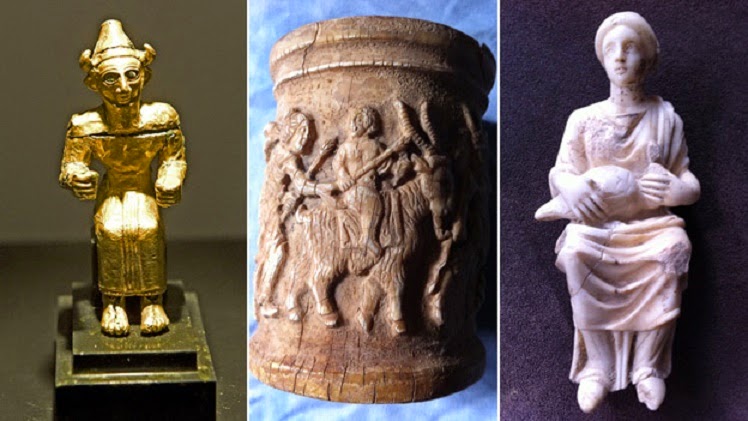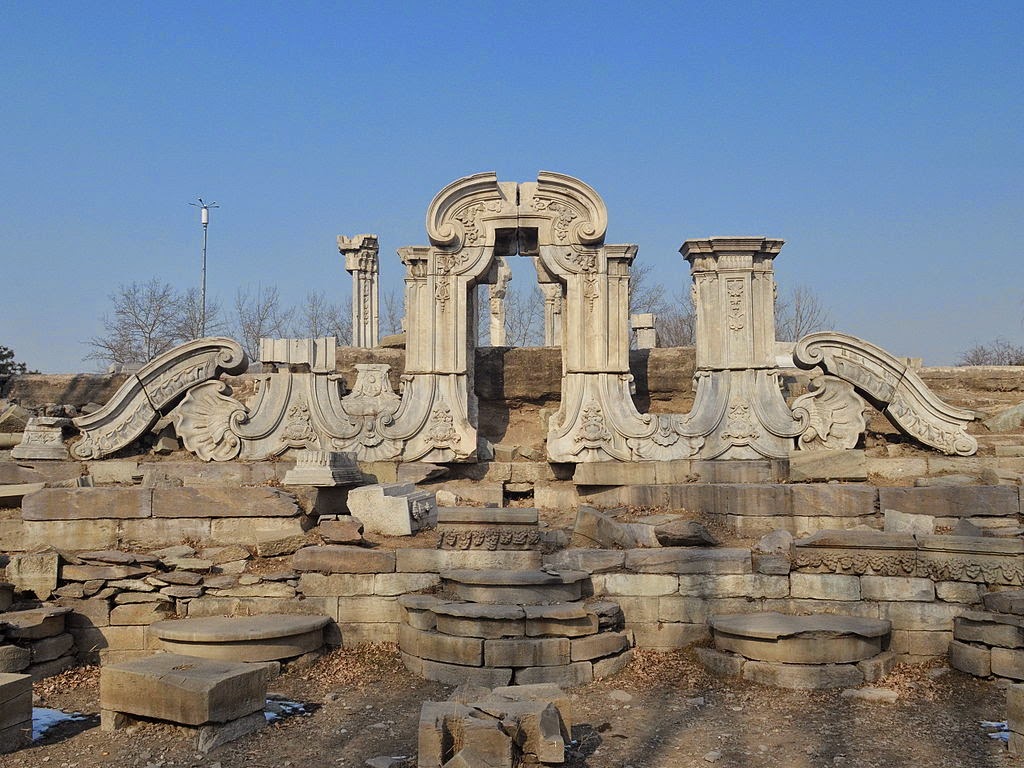Merry Wanderer of the Night [Search results for money]
Memory Monday — All the Money aka The first book I remember actually reading
About the mortgage and a loan

Review & Blog Tour & Giveaway: Follow Me by Joanna Scott

Review:SCHOOLED by Anisha Lakhani

Sunflowers

Near East: Tourist interest in Lydian capital increases

Near East: The men who smuggle the loot that funds IS

FTF: Interview with author Michael Mullin!
Author Guest Post: Bruce Skye, author of GRAYRIDER
Guest Post with author J.L. Powers!
Review: Don't Breathe a Word by Holly Cupala
The Luxe

Home builder in Sydney
Heritage: Earls of Elgin: Serial looters of Athens and Beijing

Memory Monday — What to do when your child is a brat-
Blog Tour, Review & Giveaway: Reunion by Therese Fowler

Lady Audley's Secret

Review: THE FORBIDDEN DAUGHTER, by Shobhan Bantwal
Take Steps for Crohn's & Colitis Walk

Do Travel Writers Go to Hell?


